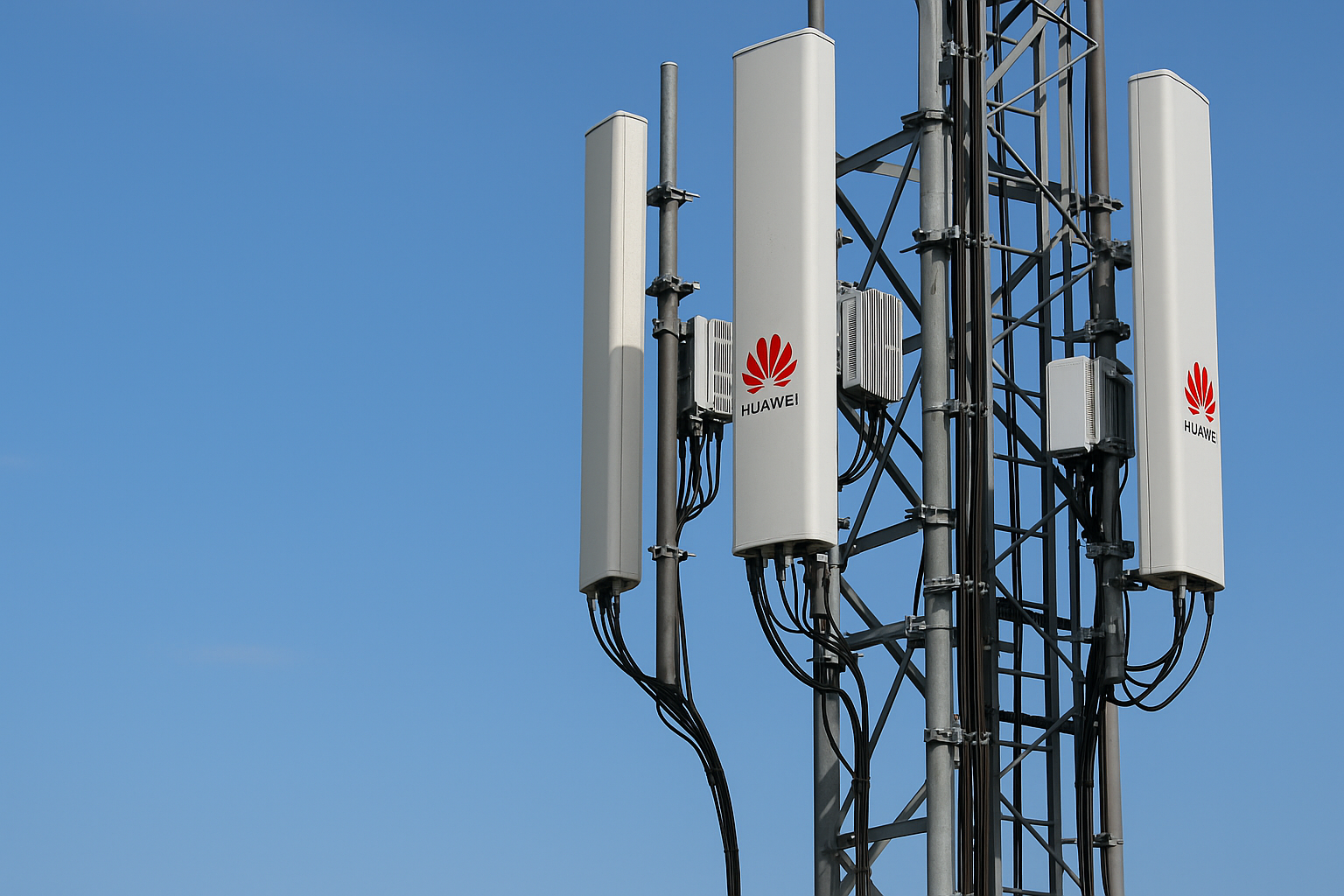In a bold move reflecting rising geopolitical pressures and security concerns, Telefonica ditches Huawei 5G gear in two of its major European markets Spain and Germany. The Spanish telecom giant’s decision signals not just a technological transition, but a strategic pivot aligned with the evolving cybersecurity narrative in the Western world. While Huawei’s equipment remains in active use across Latin America particularly in Brazil Europe’s stance is becoming increasingly uniform: Huawei is a liability in critical infrastructure.
Europe Tightens Grip on 5G Vendors
Huawei’s struggle in Europe isn’t new. Governments across the continent have grown wary of the Chinese tech giant’s ties to Beijing. In Britain, Huawei is effectively banned from future telecom networks. Telefonica UK’s leadership reassured the public by stating, we have a very, very low exposure to Huawei. Now, with Telefonica ditching Huawei 5G gear in Spain and Germany, the pattern is undeniable.
Why Security Is the Deciding Factor
Cybersecurity expert Dr. Lucas Brecht from the German Institute of Digital Infrastructure notes, The move away from Huawei is not about technology shortfalls; it’s about control and accountability. Western regulators demand transparency and vendor neutral supply chains.
Dr. Brecht explains that European nations are under pressure from NATO allies and the U.S. to reduce reliance on Chinese technology for national security purposes. He adds, When the core of your national infrastructure is dependent on a foreign power, even if they never exploit it, the risk is existential.
Brazil: A Different Story
In contrast, Telefonica’s operations in Brazil, under the Vivo brand, will continue to use Huawei equipment. According to Chief Executive Marc Murtra, All our vendors, regardless of origin, go through the same rigorous compliance standards to ensure data privacy and operational security.
In Latin America, there’s minimal governmental interference in telecom infrastructure decisions. Without bans or major scrutiny, Huawei’s cost effective and cutting edge solutions continue to dominate. Brazil’s economy also depends on affordable technology to bridge its digital divide, and Huawei offers compelling packages that are hard to ignore.
Huawei’s Impact in Brazil
In 2022, Huawei helped implement a 5G rollout in São Paulo that increased internet speeds by 80% in the region and reduced network latency significantly. Local officials praised the project, and customer satisfaction reached all time highs. Customer Rodrigo Neves, a small business owner, shared.
Thanks to Huawei’s tech, I’m able to run a cloud based inventory system in real time. Before this, I was using pen and paper. This on the ground efficiency shows that in markets like Brazil, the geopolitical tug of war is far less influential than tangible benefits.
Telefonica’s Balancing Act Between East and West
From an operational standpoint, Telefonica ditching Huawei 5G gear in Europe while retaining it in Brazil reflects a nuanced corporate strategy. It is walking a tightrope maintaining regulatory compliance in Western countries while keeping costs low and innovation high in emerging markets.
Economic vs. Political Priorities
Telecom consultant Ana Velasquez, who advises providers across Latin America and Europe, says. European markets are politically sensitive zones. Latin America, however, is a battleground for technology performance and affordability. Telefonica is smart playing both cards while upholding a clean compliance track record.
Velasquez believes this dual strategy could become the industry norm: one rulebook for the West, another for emerging markets.
Can This Approach Last?
As the global divide over 5G suppliers deepens, companies like Telefonica may face increasing difficulty in maintaining a split strategy. Unified cybersecurity frameworks might pressure Latin American nations to eventually follow Europe’s lead. Already, U.S policymakers have begun pressuring allies in South America to reduce their reliance on Huawei.
Should sanctions or trade restrictions follow, even flexible markets like Brazil may have to re-evaluate their position. Telefonica’s long term vision will require agility. As regulatory landscapes shift, it must ensure its network remains scalable, secure, and politically neutral a significant challenge in today’s polarized global environment.
Personal Experience from Inside Telefonica
An anonymous senior network engineer at Telefonica Spain shared. We’ve been replacing Huawei’s hardware gradually. It’s not because it failed us. In fact, it worked very well. But the instructions came from the top ‘security first’ is the new rule.
He added that transitioning to Ericsson and Nokia equipment is more expensive and time consuming but is viewed as a necessary step for future proofing operations in Europe.
A Tale of Two Telecom Strategies
Telefonica ditching Huawei 5G gear in Spain and Germany symbolizes a larger shift toward politically safe technology infrastructure in the West. Meanwhile, the company’s continued reliance on Huawei in Brazil underscores the complexities of running a global telecom enterprise.
With mounting pressure from global powers and the need to stay competitive, Telefonica’s decisions will likely set the tone for other international players. In a world increasingly divided by digital borders, one thing remains clear the future of 5G is no longer just about speed l it’s about trust.
